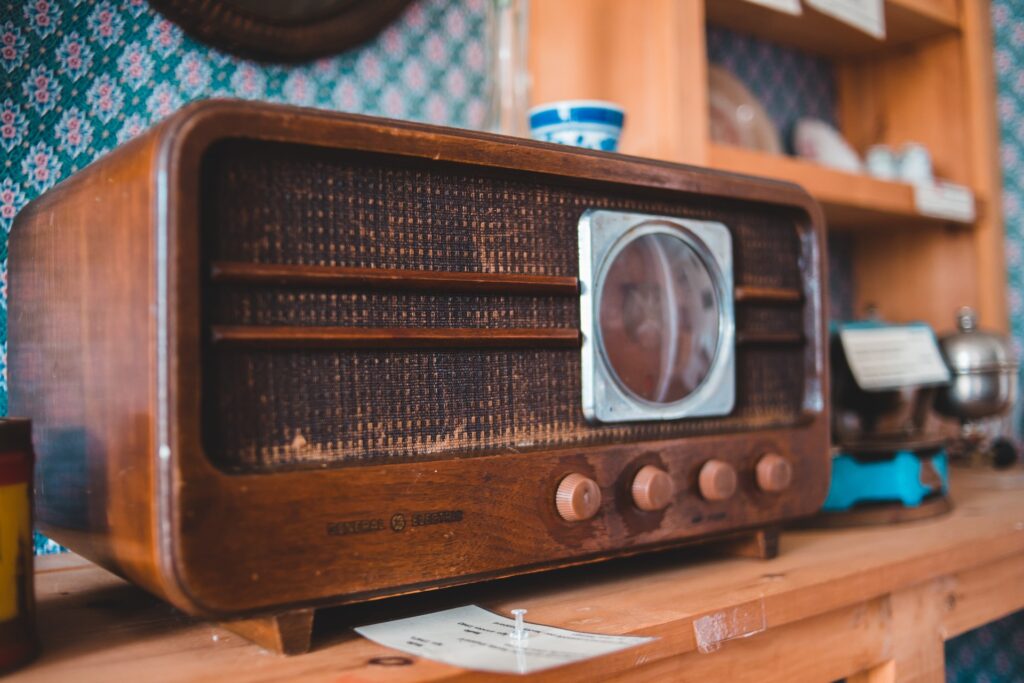
Music is a powerful thing. Perhaps more than any other human activity, music has the ability to cross cultural boundaries and unify people with its power.
However, music is especially powerful when it comes to the mental and physical well being of seniors. There is even such a thing as music therapy. In this older population, music can not only promote stress relief and enhance the mood, but music can also serve as a tool to fight cognitive decline.
Music Relieves Stress
According to a study in the journal Trends in Cognitive Science, patients who were about to undergo a major operation were treated with either music or an anti-anxiety medication. What researchers found was that those who listened to music had lower stress levels and lower amounts of cortisol (the stress hormone) than those who took medication.
What does that mean? That means that music alone has the ability to lower stress levels in seniors thus elevating their mood.
Music Promotes Physical and Social Activity
Whether through dancing or simply clapping along with the music, upbeat and motivating music can promote physical activity in seniors. This type of physical activity can help keep muscle tone, maintain coordination and improve balance.
Music is also often a social activity. Going to live performances with others or playing instruments together can help seniors find time to socialize while enjoying the other benefits of music.
Music Improves Overall Health
Through reducing stress and promoting more physical activity, music by default also benefits a senior’s overall health. In addition to these effects, music can also:
- Reduce pain and require less pain medication as a result.
- Help in the stroke recovery by increasing verbal memory and reducing the risk of depression which slows recovery.
- Improve overall heart health, especially relaxing music such as classical.
- Boost the immune system allowing seniors to fight off illness easier.
- Improve quality of sleep.
Music Can Help Fight Depression
Depression is not a normal part of aging, but it is quite common. Any life transition is difficult, but getting older is especially difficult as family and community dynamics begin to change and mobility and coordination begin to become more difficult. The Centers for Disease Control notes that up to 13.5% of senior citizens experience depression.
However, a study in the Journal of Clinical Nursing found that music therapy was shown to have a dramatic effect on those who suffered depression. Two groups of seniors diagnosed with depression were treated differently – one with medication and one with music. Over 8 weeks, the group who participated in music therapy had a bigger reduction in their level of depression than those who used medication.
Music Can Help Treat Dementia and Alzheimer’s
Researchers at the University of Miami School of Medicine found that providing music therapy to those suffering from dementia or Alzheimer’s can increase key brain chemicals such as melatonin, serotonin and prolactin in their patients. These chemicals promote reduced agitation and improved mood.
Music can also trigger strong memories because music and emotion are closely linked. When a patient with dementia or Alzheimer’s hears a song from their past, it can evoke the positive memories attached to that song. For those in an advanced state of dementia, songs from when they were younger promoted good feelings and happiness.
Integrating Music Into a Senior’s Life
Bringing music into your life has never been easier than it is in today’s world. With advancing technologies, it is now easier than ever to find and play a song of the past that may have been long forgotten. There are also many programs that make any kind of music for any kind of mood available at the touch of a button.
Some ways that you can incorporate music into your life to receive all the benefits it brings include:
- Create a personalized playlist on a program like Spotify or Amazon Music that includes familiar music or music that inspires different moods like relaxation or motivation.
- Attend live concerts or performances. Live music is often available for free in parks and other venues that provide community entertainment.
- Pick up that abandoned instrument that you used to play and get familiar with it again. Playing music has the same benefits that listening to music does and keeps you even more cognitively engaged.
- Get familiar with YouTube. Not only will you be able to find music that reminds you of younger days, but you’ll be able to find videos of live performances as well.
If you are looking for other ways to improve a loved one’s quality of life, check out Elder Care Alliance’s wellness program.




















